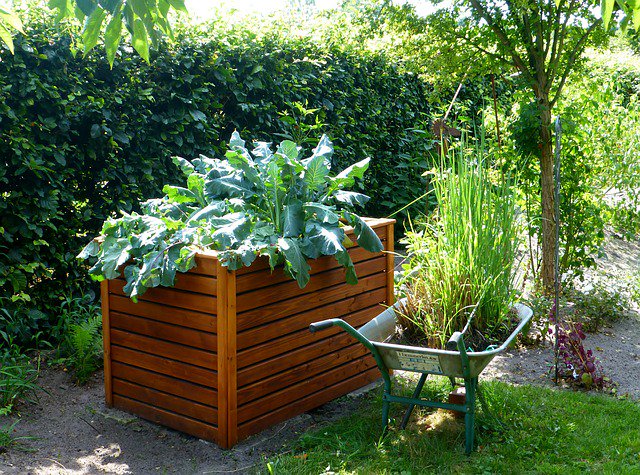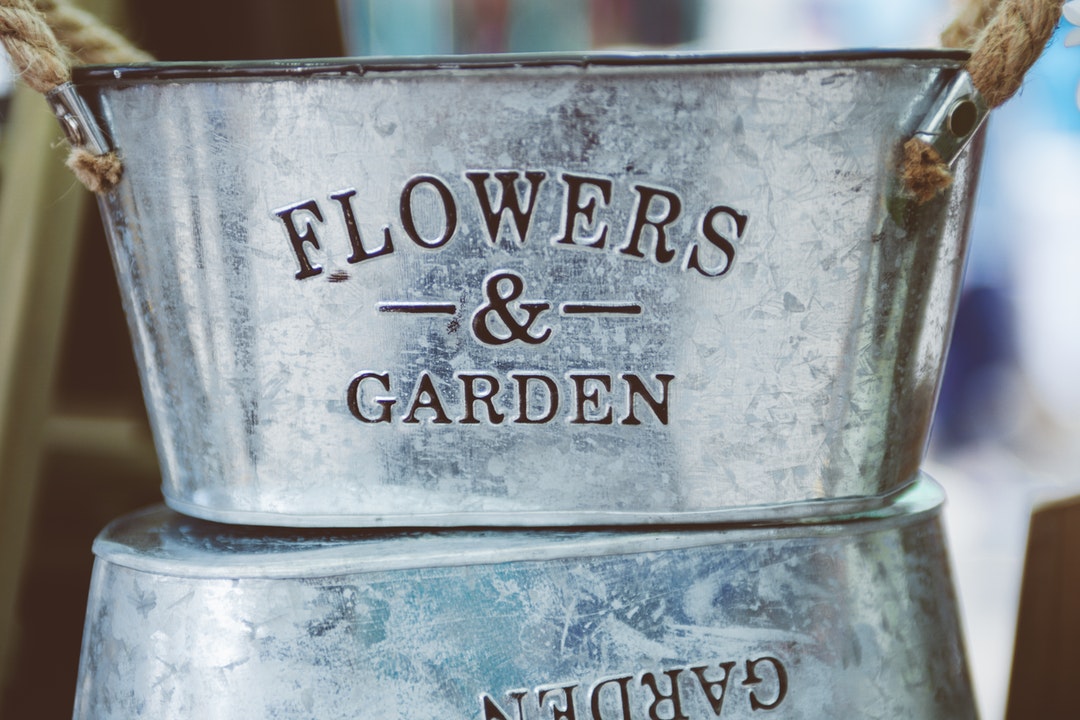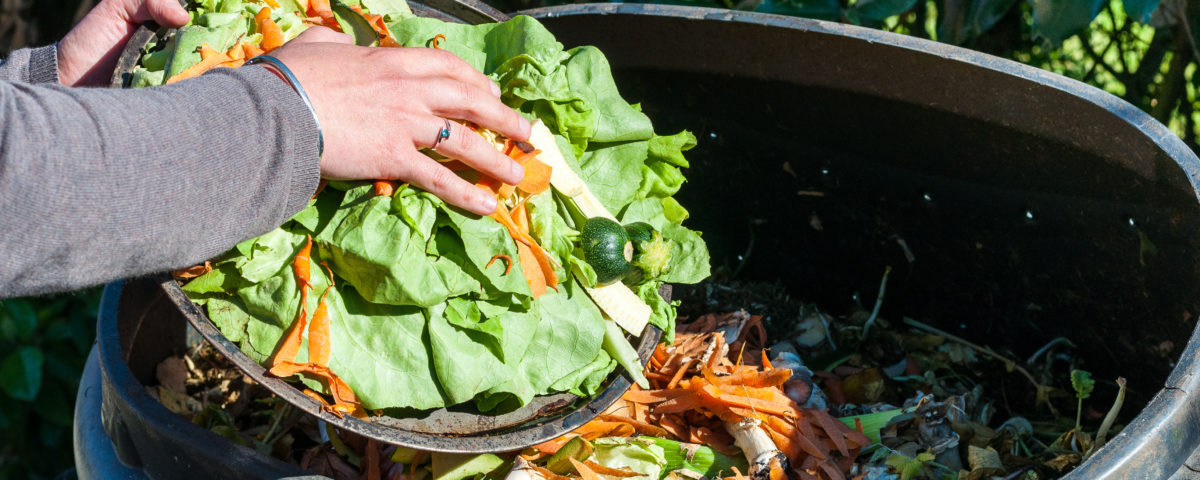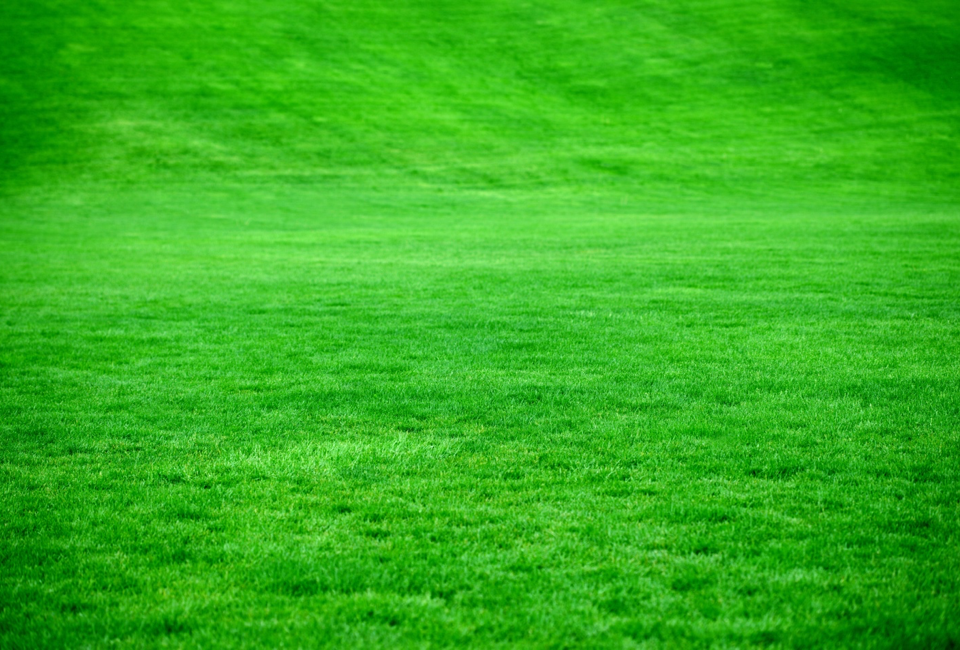
Be The Sergeant Of Your Peppers: Everything You Need For Organic Raised Garden Beds
November 20, 2018
Contain Your Excitement! Here’s the 101 on Successful Container Gardening
November 23, 20182.1 million tons of food was composted in the United States in 2015.
That constituted 5.3% of all food in the country!
Those are decent figures. But composting has a major impact in domains as varied as waste reduction, soil health, watershed protection, climate protection, and even job production. Clearly, we could all benefit from more compost in our lives.
But it can be difficult to know how to get started if you’ve never done it before. Let us help!
Be sure to keep reading if you’d like to find out exactly how to start composting today!
How to Start Composting Today
Let’s go through everything you need to know to get started with composting.
What’s Compost?
Before we go any further though, what actually is compost?
Have you ever seen that black, mulchy stuff that people sprinkle on their gardens? Well, that’s compost! It’s the end product of broken down organic matter. In the right conditions, plants, old food, fruit, vegetables and so on decompose and eventually turn into what gardeners refer as ‘black gold’.
That name gives you an idea of the value that people place on compost in the horticulture world! It’s the ideal addition to gardens thanks to its nutrient-rich properties.
What’s Composting?
As you might expect, composting’s the process of producing compost.
It’s the natural decomposition of organic material that creates the black gold our gardens love. Think of it like recycling for food scraps! You put those old bits of fruits and veggies to good use, rather than chucking them in the bin.
You don’t need any special skills or qualifications.
Far from it: you can start doing it today! In the following sections, we’ll explain exactly why and how you should be making compost too.
Why Should You Do It?
We’ve already mentioned that compost is great for gardens.
It enriches the soil and helps it stay moist. It prevents plant disease and fights off pesky pests. It helps good bacteria and fungi form, which all leads to nutrient-rich material for our land. It’s no wonder it earned the name ‘black gold’!
We also noted at the start how these benefits aren’t limited to gardening though. There are numerous positive reasons to compost. Waste reduction is one of the main ones.
Think of all the food waste that we produce each day. Approximately 38 million tons of food are thrown out each year. That’s supposedly equivalent to the weight of over 104 Empire Estate buildings.
If that isn’t shocking enough, check this out:
The financial cost of food waste comes in at around $165 billion annually. Oh, and in terms of nutrients, that waste could feed approximately 190 million people every day.
Those figures are inexcusable in the eyes of many.
Composting offers an easy alternative that drastically cuts down on the food waste in your household. It’s an environmental win-win. You reduce your household waste and carbon footprint. But you do so in a functional way.
You gain a specialized, useful and home-made means to help your garden and greens flourish.
How Do You Do It?
We now know what composting is and why everyone should do it! On to the fun bit: how to make it happen.
Thankfully, composting isn’t an arduous process! It comes down to this:
Find a space to stockpile your waste.
Composting is as straight-forward as keeping any organic matter that you might otherwise have thrown out. Then piling it somewhere outside instead.
That ‘somewhere’ should be a large, bottomless container to keep in a shaded part of your garden. They come in different sizes and styles. But it doesn’t make too much difference whether you choose a plastic, wooden or metal option.
If it starts to smell you can add dry materials (leaves, grass, newspaper) to the top. Covering newer compost with older compost will also help.
Then it’s a waiting game. It can take between 3 months and 2 years to decompose, depending on the size of your container.
Top Tip:
Have a small lidded container on your kitchen countertop to remind you to keep your waste. Then simply empty this into the main compost bin when required.
What Goes In There?
Simple answer: anything organic!
From the kitchen, you can put all your unwanted fruits and vegetables, peelings, eggshells, coffee grinds, coffee filters, tea bags and so on.
You can also add things like newspaper and paper plates. Oh, and don’t forget your grass clippings, leaves and twigs from the garden too. They all help produce high-quality compost.
Avoid cooked food waste though (unless it’s entirely natural, such as fruit compote). This putrefies over time and attracts pests, such as rats and insects. Cooking oils, meat, fish and cheese will do the same.
Try to keep your compost to a raw vegetarian diet!
Where Do You Put It?
Compost is great anywhere in your garden.
Sprinkle it on flower beds. Mix it with soil. Put it on your vegetable garden. Or simply put it on your lawn.
Wherever it goes you’ll see the benefits.
Time to Get Composting!
There you have it: how to start composting and where to put it!
Hopefully, you now have all the information required to start composting. There’s no time like the present! The benefits of this natural, nutrient-rich product far outweigh the minimal effort required to make it.
Not only will you have a home-made solution to your gardening woes, but you’ll have reduced your household waste and carbon footprint in the process. It’s as easy as getting a container and chucking your organic waste here instead of the trash can.
Your garden and the environment will both thank you for it!
Now we’d like to hear from you…
What’s the biggest hurdle currently preventing you from composting at home? Be sure to get in touch to let us know. Equally, drop us a line if you’re interested in purchasing ready-made compost or anything else for your garden!


